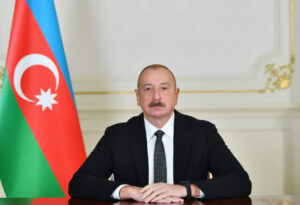Kuwait tries to remedy population structure

Kuwait, The Gulf Observer: Kuwait will start discussing several decisions to remedy the population structure after the Eid al-Fitr and then send them to authorities to start implementing them immediately. They said the government is implementing legislation to remedy the population structure that was issued by the parliament earlier. It agreed on serious steps that guarantees the reduction of expatriate numbers to 30 percent, while Kuwaitis will be 70 percent of the population, contrary to the current situation, as expatriates form the majority of the population.
Sources said the government will approve the comprehensive national development plan that details the need for expat labor and programs that organize professional qualifications mentioned in this plan and sets certain ceilings on the number of expats. Sources said the government will set the policies and various plans for government entities with regards to the replacement of expat labor by Kuwaitis and improve programs of the Public Authority for Applied Education and Training to affirm the replacement policies.
Sources said government discussions include implementation procedures to adopt means of prevention and treatment of diseases and epidemics in the health system for labor coming from abroad, as well as setting the policies of banning the transfer of expat workers between various sectors.
They said the government’s decisions will focus on the relative weight of each community as well as the relative weight of the number of expats in general, but the decisions will exclude GCC citizens, Kuwaitis’ foreign spouses and their children, heads and members of diplomatic missions in Kuwait and their families and employees on condition of reciprocity. Military missions of countries Kuwait has security treaties with and workers assisting them and aviation operators are also excluded.
Labor that is brought from abroad and working on infrastructure projects or other economic development projects are also excluded until the project is handed over to the concerned entity. Also excluded are domestic helpers, medical and educational professions and any other category for whom a decision is issued by the Cabinet based on the concerned minister’s recommendation.
Sources said the government will caution government entities not to approve the transfer of domestic helpers to the private sector under any circumstances, or transfer visit visas to work permits or family visas. Renewal of the residencies of laborers brought on government contracts is also not allowed after the project is completed and there is no need for them in another government project.

